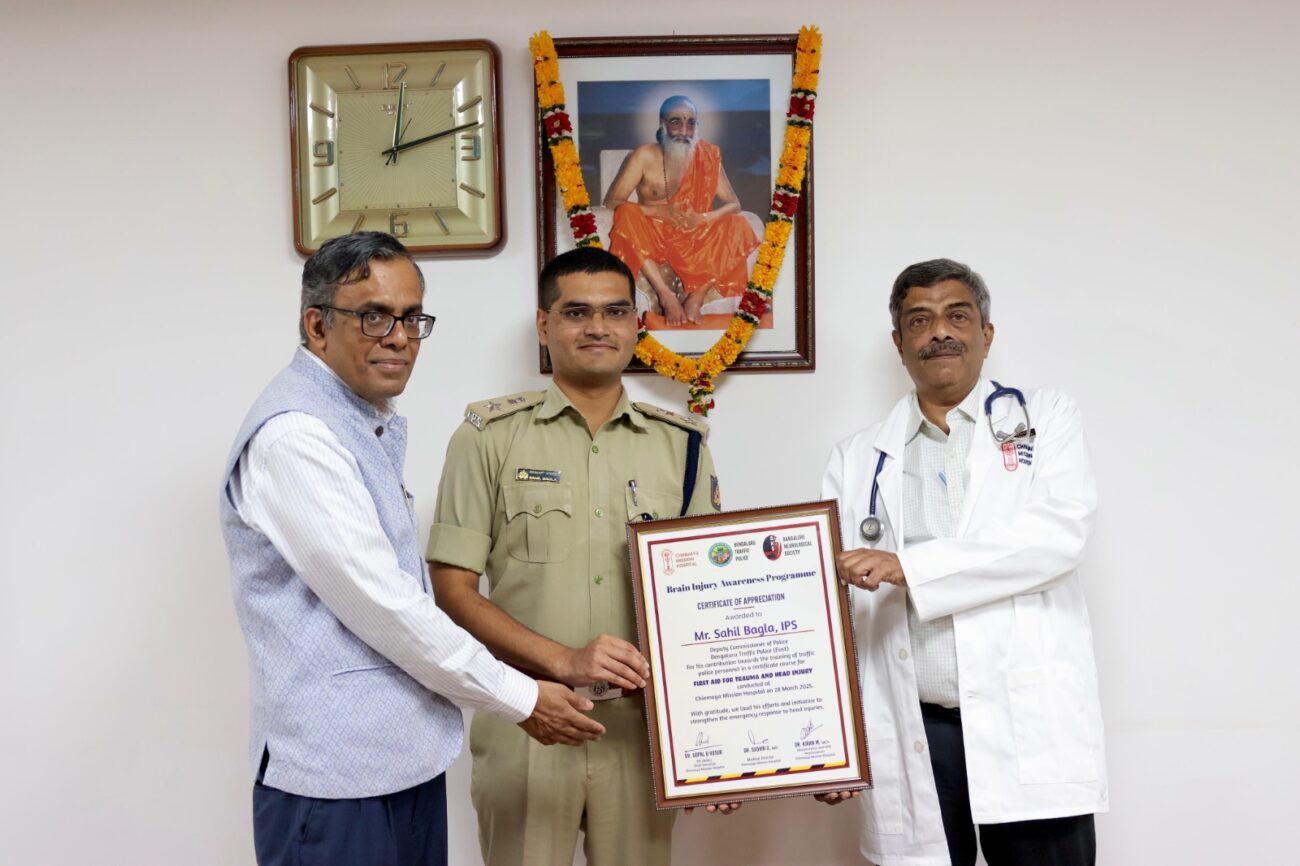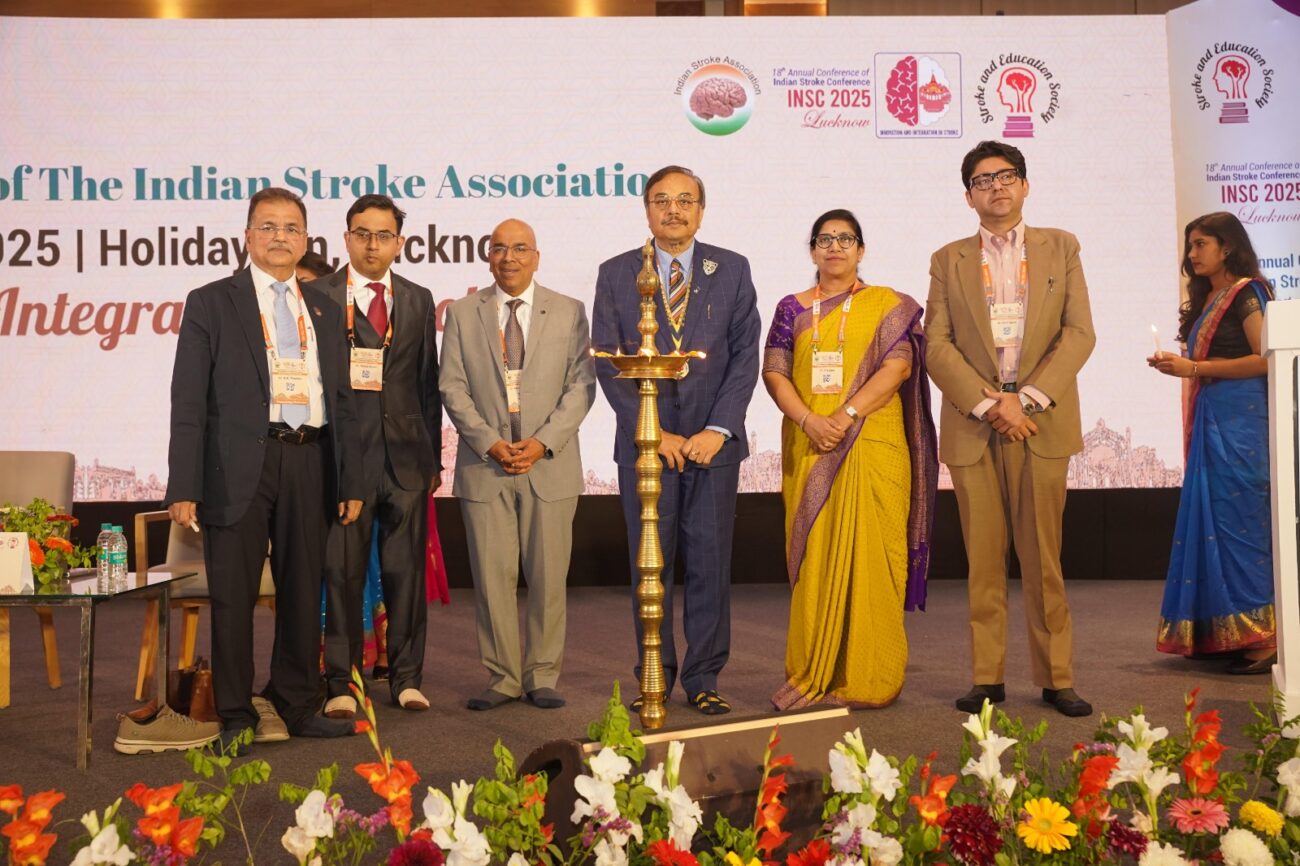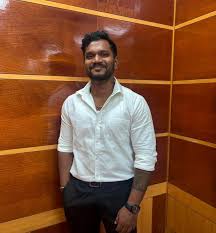Rare Case of Baby Hamad, a lifesaving liver transplant performed by the expert surgeons of HCMCT Manipal Hospital
A rare and complex liver transplant was performed on a nine-year-old boy Ali Hamad who was suffering from liver failure due to a rare disorder. The surgery was performed by a team of highly experienced
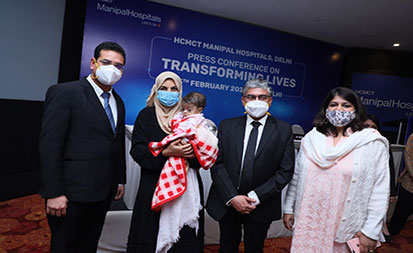
A rare and complex liver transplant was performed on a nine-year-old boy Ali Hamad who was suffering from liver failure due to a rare disorder. The surgery was performed by a team of highly experienced experts at HCMCT Manipal Hospital, New Delhi.
With the hope to save their child’s life, Hamad’s parents flew from Iraq to India and consulted various hospitals and experts regarding the case. The male child was a known case of Progressive Familial Intrahepatic Cholestasis Type II (PFIC TYPE 2). He had jaundice since birth and had multiple hospitalisations in Iraq. The three other siblings of the patient died due to the same causes which went undiagnosed.
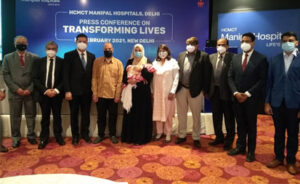
“There were three major challenges faced by our team, one, the baby was nine months old, second, he was underweight 6.1 kg and third and the most critical of them was hepatosplenomegaly with attenuated portal vein with no portal flow with significant ascites and significant portosystemic collaterals, in simple words no supply of blood to the liver,” said Dr. Shailendra Lalwani, who performed this critical surgery with the support of Dr. Lalit Sehgal HOD- General Anesthesia, Liver Transplant Anesthesia, Liver Critical Care, Dr. Vikas Taneja, HOD- Pediatrics and Dr. Sufla Saxena, Consultant- Pediatrics Gastroenterologist and Hepatologist. Multidisciplinary team meat was also conducted before the surgery to identify possible risks involved in the procedure and how to overcome them.
On 3rd January 2021, the baby underwent the transplant and the surgery took around nine hours and later was shifted to ICU after the successful completion of the surgery. The mother of the child became the possible donor to save the life of her child. On the fourth day of the surgery, the baby started taking the oral feeding and after a few days he became playful showing the positive sign of recovery and now the family is ready to return to their native country.
The organisation also provided financial support to the family so that they could undergo a smooth procedure outside their country. “Miracles only happen when you take up the challenges,” said Dr. Sufla Saxena, while briefing about the surgery and how this case of baby Hamad was no less than an actual miracle.




